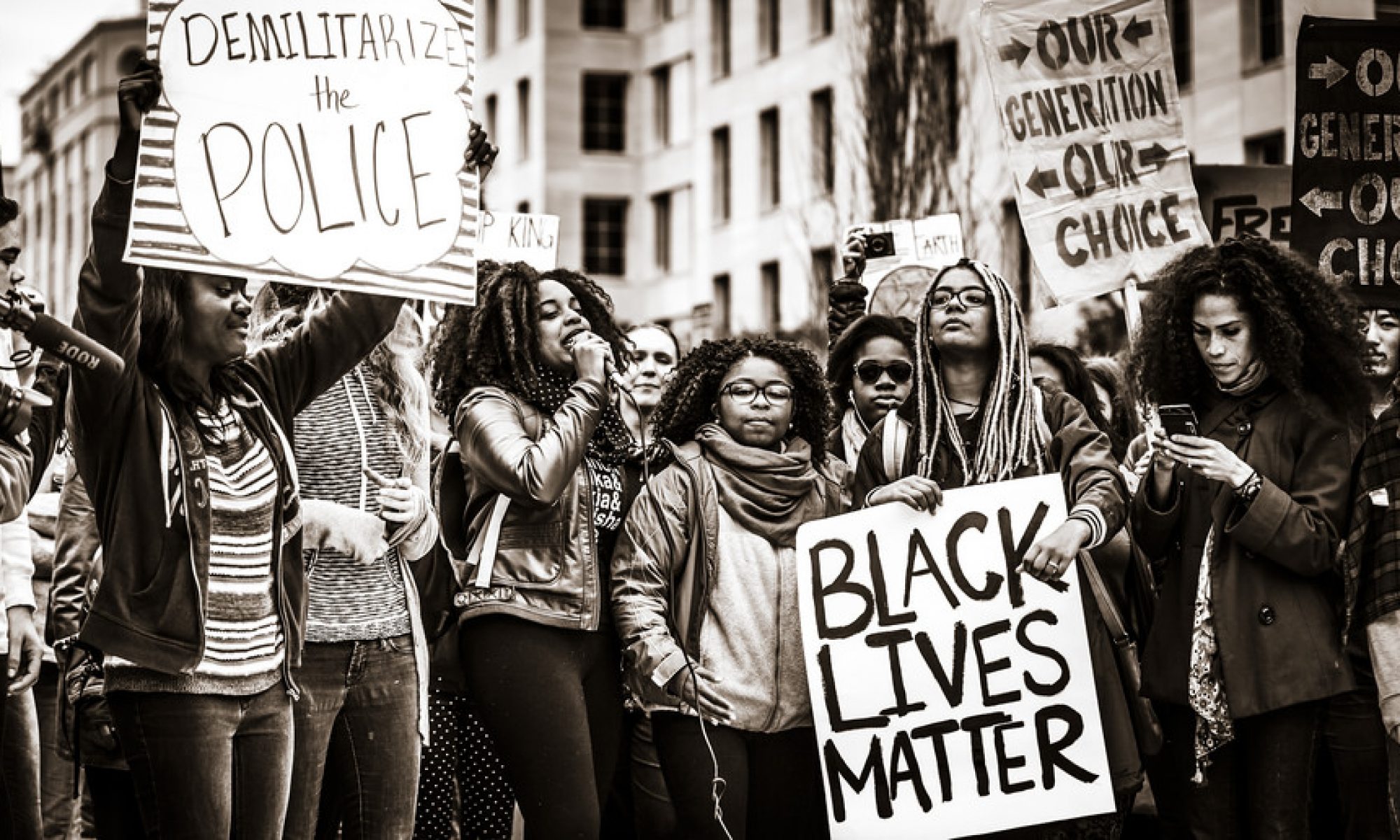Historical Writing
Historical writing, like other disciplinary writing, comes in multiple forms—the historical narrative, historiographical essay, and, of course, theoretical/methodological essays/think pieces (Brown/Higginbotham).
The historical narrative, or for our course, the research paper, uses storytelling or narrative writing to make an argument about the past. Consequently, all of the evidence, analyses, and argumentation is manifested through and by the story. There are two approaches to historical narratives—those driven by the narrative itself, that is, plot, protagonist, etc . . . , the analytical/thematic approach, or a combination of the two.
Historian Ashley Farmer’s Ashley Farmer’s “In Search of the Black Women’s History_Archive” engages recent scholarship to speak to the ways that the “archive” is contested through power dynamics, reflecting both silences and over-representation of particular kinds of records. Literary scholar, Saidiya Hartman also highlights this dynamic in her “An Unnamed Girl, a Speculative History. ”
